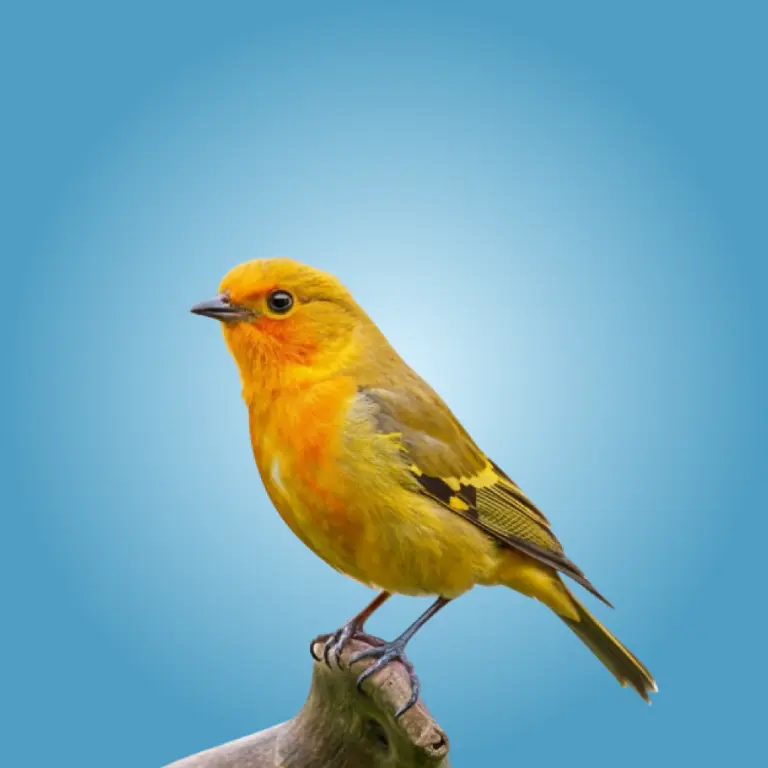Caring for ducks can be one of the most rewarding experiences you’ll ever have. Ducks are charming, curious creatures that bring a lot of joy with their quirky personalities and gentle nature. Whether you’ve just adopted your first duck or you’re looking for ways to improve the care of your feathered friends, I’m here to guide you through the essentials. Duck care doesn’t have to be complicated, but there are a few key things for basic health and care for ducks you need to know to keep your ducks healthy, happy, and thriving.
1. Provide Proper Housing and Space
The first thing you’ll want to get right is where your ducks live. Ducks need a safe, clean, and comfortable environment to stay healthy and happy.

Give them enough space
Ducks love to roam and explore, so providing enough outdoor space is essential. As a rule of thumb, each duck needs at least 15 square feet of space outside to move around freely. This allows them to forage, swim, and engage in natural behaviors.
Secure and predator-proof housing
Ducks are vulnerable to predators like raccoons, foxes, and even large birds of prey. Make sure their housing is secure, with sturdy wire fencing and a roof if necessary. At night, ducks should be locked in a safe shelter to keep them protected while they sleep.
Provide access to water
Ducks are waterfowl and thrive when they have access to water. While a small kiddie pool can work in a pinch, having a pond or a water feature is ideal. Ducks love to swim, and swimming is not just fun for them—it’s essential for keeping their feathers healthy and clean and a important part of basic health and care for ducks.
Having watched my own ducks splash around happily, I can tell you that water access really enhances their quality of life.
2. Feed Them a Balanced Diet
A healthy diet is crucial for keeping your ducks in good shape. You’ll need to make sure they’re getting all the nutrients they need, as this directly impacts their overall health

Use high-quality commercial feed
The easiest way to ensure your ducks are getting proper nutrition is to feed them a commercial duck feed that’s specifically formulated for waterfowl. These feeds have the right balance of protein, vitamins, and minerals to keep your ducks healthy.
Supplement with fresh greens and grains
In addition to their regular feed, ducks love fresh vegetables like lettuce, peas, and dandelion greens. They also enjoy grains like oats and wheat, which you can sprinkle on the ground for them to forage.
Provide access to grit
Ducks don’t have teeth, so they need grit (small stones or sand) to help them digest their food. Offer a separate dish of grit, and your ducks will eat what they need to keep their digestive system working properly.
When I started feeding my ducks a more varied diet, I noticed how much more active and vibrant they became. A balanced diet truly makes a difference.
3. Maintain Clean Water and Hygiene
While ducks love to splash and play in water, they also need access to clean drinking water at all times. It’s essential to separate their drinking water from their bathing water to maintain good hygiene and basic health and care for ducks.

Provide fresh drinking water
Ducks need constant access to fresh, clean water for drinking. Make sure the water is deep enough for them to submerge their heads—this helps them clean their nostrils and keep their eyes moist.
Clean their bathing water regularly
Ducks are notorious for making their water dirty quickly. If you have a pond or kiddie pool for them to swim in, be prepared to clean it regularly to prevent the build-up of algae, bacteria, or debris.
Keep their living space clean
Ducks can be messy, especially with water and food. Clean their bedding regularly to prevent mold and bacteria from forming. Fresh straw or wood shavings are good options for bedding material.
In my experience, keeping the water clean is one of the biggest challenges, but it’s also the most rewarding when you see how happy and healthy your ducks are with clean, fresh water.
4. Monitor Their Health Regularly
Ducks are generally hardy animals, but it’s important to keep an eye on their health to catch any issues early. Regular health checks can help prevent illness and ensure your ducks are thriving, this is a crucial step for basic health and care for ducks.

Look for signs of illness
Watch for changes in behavior, such as lethargy, loss of appetite, or difficulty walking. Also, keep an eye on their eyes, nose, and feathers for any signs of infection or parasites. Healthy ducks should be active, alert, and have clean, smooth feathers.
Check their feet
Ducks spend a lot of time on their feet, and foot health is crucial. Check their feet regularly for signs of bumblefoot, a common condition where sores or infections develop on their foot pads. Keeping their living area clean and dry can help prevent this.
Keep up with basic veterinary care
While ducks don’t require vaccinations like some other pets, it’s still a good idea to have a vet experienced with birds check them out if they show any signs of illness. A yearly health check can also help catch any potential issues early.
One of my ducks developed a limp, and a quick check revealed a small foot injury. Addressing it early helped her recover quickly, and it reminded me just how important regular health checks are.
5. Provide Enrichment and Social Interaction
Ducks are social animals that thrive on interaction—both with other ducks and with you. Keeping your ducks mentally stimulated is just as important as meeting their physical needs.

Keep them in pairs or groups
Ducks are happiest when they have companions. Never keep a single duck alone; they’ll become lonely and stressed without the company of other ducks. Ideally, you should have at least two or three ducks, so they can socialize and form bonds.
Offer toys and challenges
Ducks enjoy foraging for food, so hiding treats in hay or providing floating veggies in their water can be a fun way to keep them entertained. They also love small, simple toys like balls they can push around.
Spend time with them
Ducks can form strong bonds with their human caregivers, and spending time with them each day helps strengthen that connection. Sit with them while they forage, or talk to them softly—they’ll appreciate the interaction.
I’ve found that my ducks always seem happier and more relaxed when I spend a few minutes each day sitting with them in the yard. It’s a peaceful way to bond and get to know their personalities better.

6. Prepare for Weather Changes
Ducks can adapt to various weather conditions, but you’ll need to make some adjustments to keep them comfortable throughout the year.
Provide shade in hot weather
Ducks can overheat easily, so make sure they have access to shaded areas during hot days. Fresh water for swimming or standing in also helps them cool down.
Offer protection in cold weather
While ducks are more cold-tolerant than many other animals, they still need a warm, dry shelter during winter. Provide extra bedding in their shelter to help insulate it, and make sure their water doesn’t freeze.
Adapt their diet seasonally
During colder months, you may need to provide additional food to help your ducks maintain their body temperature. Increasing their intake of grains can give them extra energy to stay warm.
I’ve had to make adjustments for my ducks in both summer and winter, and keeping them comfortable year-round has made a big difference in their overall health and happiness.
At the End
Caring for ducks is a fun and rewarding experience that deepens your bond with these wonderful animals. By providing proper housing, a balanced diet, clean water, and social interaction, you’re ensuring that your ducks live a healthy and happy life. Don’t forget to monitor their health regularly and make adjustments for seasonal changes to keep them comfortable in all weather, follow the steps for basic health and care for ducks.



















